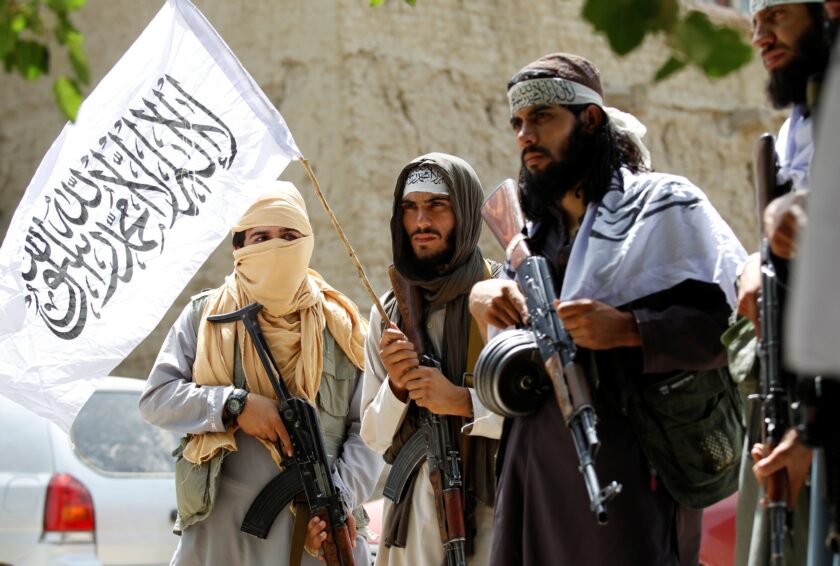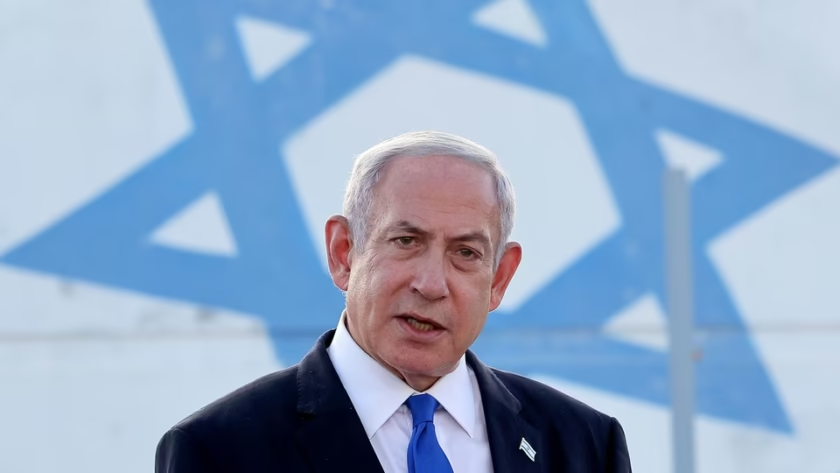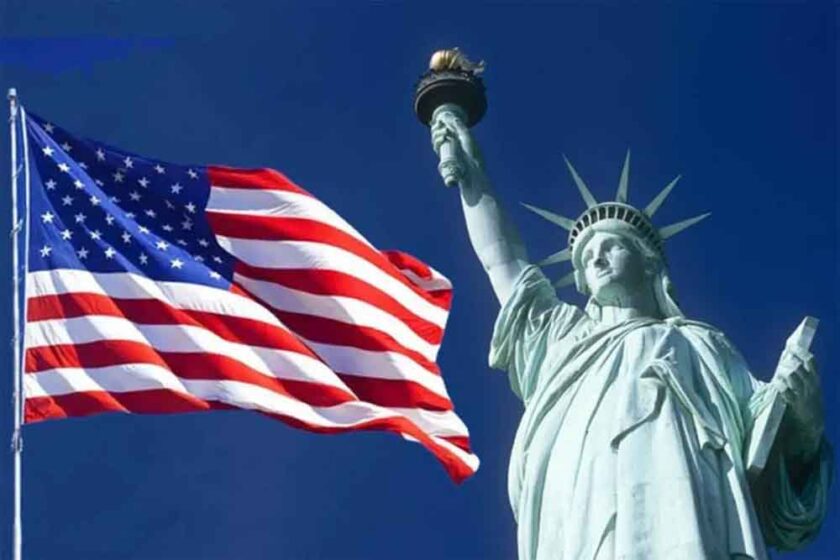Washington / Global Desk | In a dramatic geopolitical turn, the United States has ordered the resumption of nuclear testing after a 33-year hiatus, triggering shockwaves across global political corridors. The directive, issued by President Donald Trump, marks a sharp shift from America’s decades-long advocacy for global nuclear restraint — and has reignited fears of a new “nuclear race.”
The last U.S. nuclear test was conducted in 1992 at the Nevada Test Site. Following that, Washington had halted tests under the framework of the Comprehensive Nuclear-Test-Ban Treaty (CTBT). But the Trump administration’s fresh order suggests a clear intent to reassert U.S. military supremacy amid escalating competition with Russia and China.
A World in Shock
Within hours of the announcement, Russia warned of “immediate reciprocal testing” if Washington proceeds, signaling the possibility of a renewed Cold War-style confrontation. China, too, has reportedly begun “technical reviews” of its nuclear capability programs under the guise of defense readiness.
Meanwhile, European nations including France, Germany, and the U.K. issued a joint statement condemning the move as a “grave threat to global stability.” The United Nations Secretary-General expressed deep concern, cautioning that “breaking three decades of nuclear silence could plunge the world into a dangerous new arms race.”
Why Now? Decoding Trump’s Strategy
Defense analysts say Trump’s decision stems from mounting anxiety over the rapid modernization of Russian and Chinese nuclear arsenals. Russia has already unveiled its hypersonic “Avangard” and “Sarmat” systems, while China has tested long-range “Dongfeng-41” missiles capable of carrying multiple warheads.
“The order is symbolic of America’s desire to reaffirm its dominance in military technology,” says a senior Pentagon strategist. “This is less about necessity and more about narrative — a demonstration of strength.”
Global Fallout and Historical Echoes
If history is any indication, the consequences of renewed nuclear testing could be catastrophic. Since the atomic bombings of Hiroshima and Nagasaki in 1945, more than 2,000 nuclear tests have been conducted worldwide — half of them by the U.S. alone.
The numbers tell a sobering story: the U.S. has conducted 1,030 tests, Russia (formerly the USSR) 715, France 210, and both India and Pakistan six each. Experts fear that another testing cycle could destabilize decades of arms control progress.
India’s Measured Stance
India continues to be regarded as a “responsible nuclear power,” having adhered voluntarily to the spirit of the CTBT despite not being a signatory. New Delhi’s “No First Use” policy and limited testing — in 1974 (“Smiling Buddha”) and 1998 (“Pokhran-II”) — underline its restraint.
As the world watches, India’s position as a voice of balance and reason in the nuclear dialogue is gaining renewed attention.
Treaties Under Threat
America’s decision could dismantle decades of international efforts toward nuclear non-proliferation. The CTBT (1996), though signed by the U.S., was never ratified. Similarly, the 1970 Non-Proliferation Treaty (NPT) — long championed by Washington — faces renewed scrutiny.
The Strategic Arms Reduction Treaty (START) between the U.S. and Russia, aimed at reducing warheads, is now practically defunct. Analysts fear the new tests could be “the final blow” to these fragile agreements.

A Dangerous Precedent
Experts warn that a domino effect could follow — prompting Russia, China, North Korea, and possibly Iran to ramp up their own nuclear activities. Beyond geopolitics, this could heighten risks of nuclear accidents, radiation leaks, and environmental hazards.
Trump’s Political Calculus
Many view Trump’s move as part of his renewed “America First” campaign in domestic politics, aimed at projecting national strength ahead of a turbulent election season. “It’s a political gamble with global stakes,” notes political analyst James F. Donovan. “But unlike trade wars, this is a gamble humanity cannot afford.”
The Road Ahead: Dialogue or Detonation
The world now stands at a crossroads — between diplomacy and destruction. Global leaders face the daunting choice of reigniting dialogue or sliding into a perilous new arms race.
For India and other responsible powers, the challenge lies in upholding restraint and championing peace amid rising provocation.
As history has shown, power without wisdom leads to ruin. America’s decision may not just test its missiles — it may test the very conscience of humanity.
“When might replaces mindfulness, the countdown to chaos begins.”









